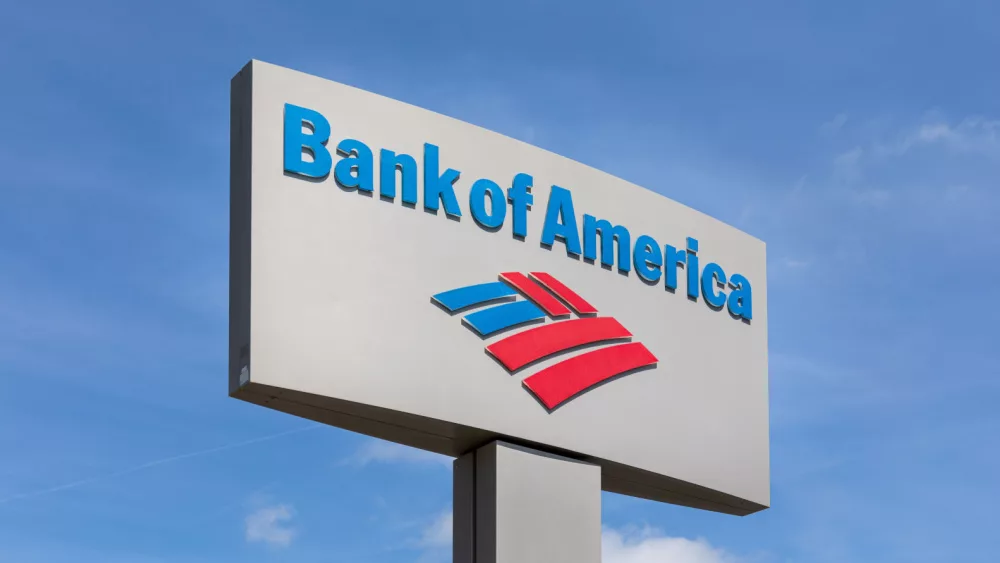
The Consumer Financial Protection Bureau (CFPB) said on Tuesday that they are ordering Bank of America to pay over $100 million to customers for illegally charging ‘junk fees,’ as well as withholding credit card rewards and opening fake accounts. The CFPB specifically accused the bank of harming “hundreds of thousands of consumers over a period of several years” and “systematically double-dipping on fees imposed on customers with insufficient funds in their account.” Bank of America serves 68 million people and small business clients.
The CFPB also said that the bank was also ordered to pay an additional $90 million in penalties to the CFPB and $60 million in penalties to the Office of the Comptroller of the Currency. Rohit Chopra, director of the CFPB, said in a statement: “Bank of America wrongfully withheld credit card rewards, double-dipped on fees, and opened accounts without consent.” Chopra added: “These practices are illegal and undermine customer trust. The CFPB will be putting an end to these practices across the banking system.”
The bank would charge customers a $35 overdraft fee after the bank declined a transaction because there were insufficient funds in the account. However, the CFPB accused the bank of “allowing fees to be repeatedly charged for the same transaction,” saying that Bank of America “generated substantial additional revenue by illegally charging multiple $35 fees.”
The CFPB also accused the bank of illegally withholding “promised credit card account bonuses, such as cash rewards or bonus points to tens of thousands of consumers” and accused the bank of denying “sign-up bonuses to consumers due to the failure of Bank of America’s business processes and systems.” Bank of America employees are also accused of illegally applying “for and enrolled consumers in credit card accounts without consumers’ knowledge or authorization,” using consumers credit reports without their permission to complete applications. The CFPB said that ‘as a result, consumers were charged unjustified fees, suffered negative effects to their credit profiles, and had to spend time correcting errors.”
Editorial credit: Nolichuckyjake / Shutterstock.com
